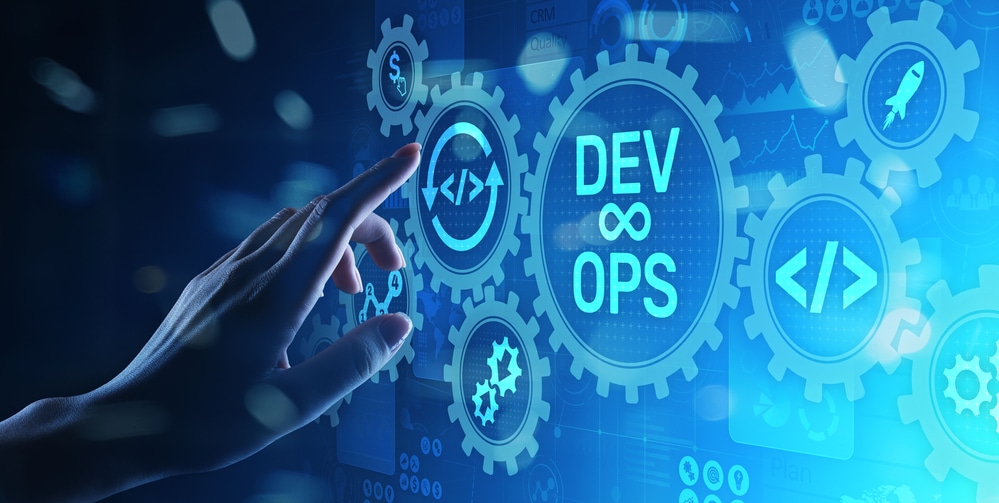
Life after DevOps -- the new initiatives challenging the status quo [Q&A]
The concept of DevOps has been around since the late 1980s and has been mainstream for the last 15 years or so. But there has recently been discussion around whether open-source platforms like System Initiative are challenging DevOps’ dominance.
We talked to Pablo Gerboles Parrilla, the founder and CEO of Alive DevOps, about what needs to change in how teams build and deploy software, and perhaps more importantly about what shouldn’t.

Generalist teams vs specialist tools -- the enterprise IT paradox [Q&A]
With hyperscalers better able to attract the best talent and headcount tight across the board, most enterprises are leaning heavily on generalist IT teams to manage their environments.
But in many cases the tools they’re expected to use were designed for specialists. Legacy tools like ConnectWise, Device42, or ServiceNow often require deep expertise, complex integrations, or expensive customization making them unsuitable for generalist teams.

How enterprise developers are moving from fragmented tools to unified platforms [Q&A]
Across large organizations, developers and DevOps teams rely on an ever-growing collection of specialized tools. But while these offer valuable flexibility, they can also create significant pain points.
We spoke to Chintana Wilamuna, VP of solutions architecture at WSO2, about how the landscape is changing from fragmented, purpose-built development tools toward comprehensive, unified platforms.

More than half of developers think AI codes better than humans
A survey of 800 senior developers has 75 percent of respondents saying they expect AI to significantly transform the industry within the next five years. What’s more 53 percent say they believe large language models can already code better than most humans.
The survey, from Clutch, reveals that AI has already become a daily tool for many software teams. 49 percent of senior developers and team leads say they use AI tools every day. Another 29 percent use them most days, meaning 78 percent rely on AI regularly.
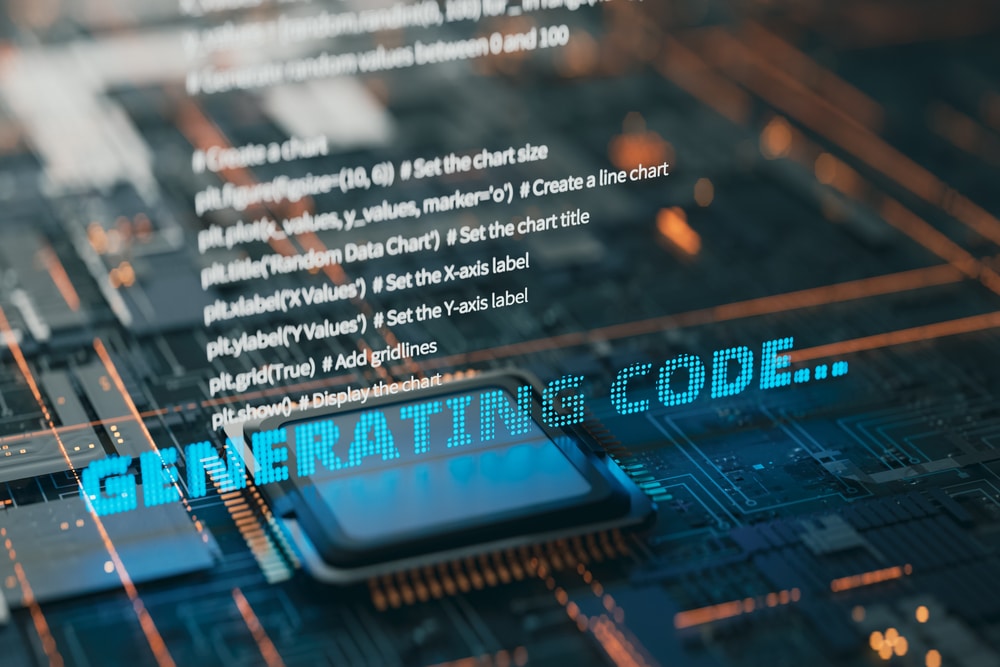
Popular LLMs share strengths and weaknesses when it comes to creating code
Increasing pressure to build and launch applications quickly has seen a rise in the use of AI to generate code. New analysis from Sonar, looking at the quality and security of software code produced by top Large Language Models (LLMs), finds significant strengths as well as material challenges across the tested models.
The study used a proprietary analysis framework for assessing LLM-generated code, tasking the LLMs with over 4,400 Java programming assignments. The LLMs evaluated in the study include Anthropic's Claude Sonnet 4 and 3.7, OpenAI's GPT-4o, Meta's Llama-3.2-vision:90b, and OpenCoder-8B.
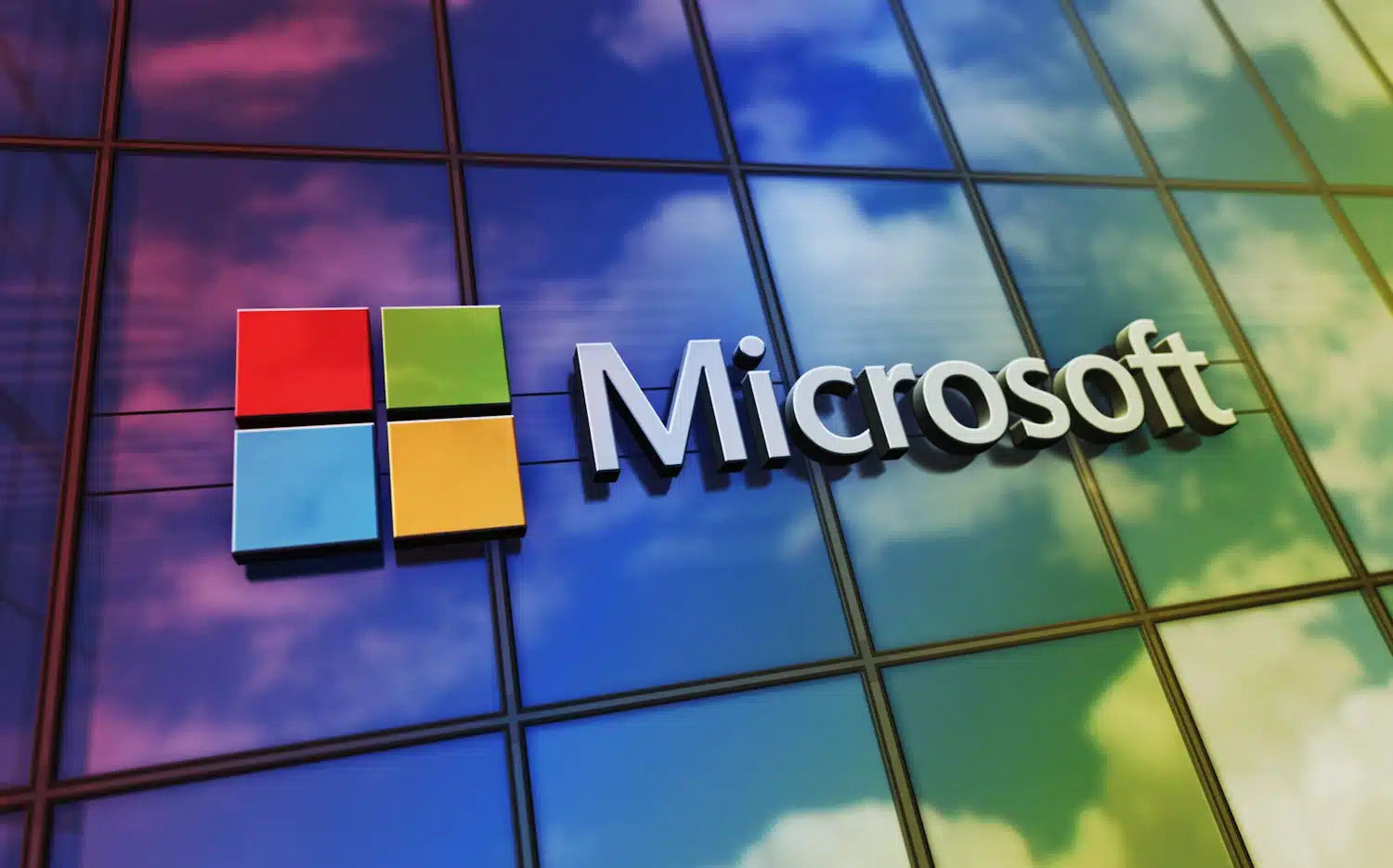
Microsoft super-charges Windows Update so it can keep all of your apps up to date
Microsoft has launched a preview version of the Windows Update orchestration platform. This is an update to Windows Update itself which opens it up for use by third-party developers.
This means that Windows Update could soon be able to update not only Windows, but also drivers, and third-party apps. So broad is the scope of what Microsoft is working on that it feels as though Windows Update will soon be a misnomer, and a rebranding may be in order.

Red Hat Enterprise Linux 10 arrives with AI assistant and post-quantum security
Red Hat has just taken the wraps off Red Hat Enterprise Linux 10, and honestly, there’s a lot for the Linux community to get excited about. You see, this new version brings some real substance, pushing enterprise Linux in directions that truly matter for today’s IT world.
First and foremost, there's Lightspeed -- the new AI-powered assistant baked right into RHEL 10. Instead of spending all day searching for answers or poking through documentation, admins can simply ask questions directly from the command line and get real-time help. This is the kind of smart, hands-on support that can actually make life easier, especially for those just getting started or managing sprawling environments.
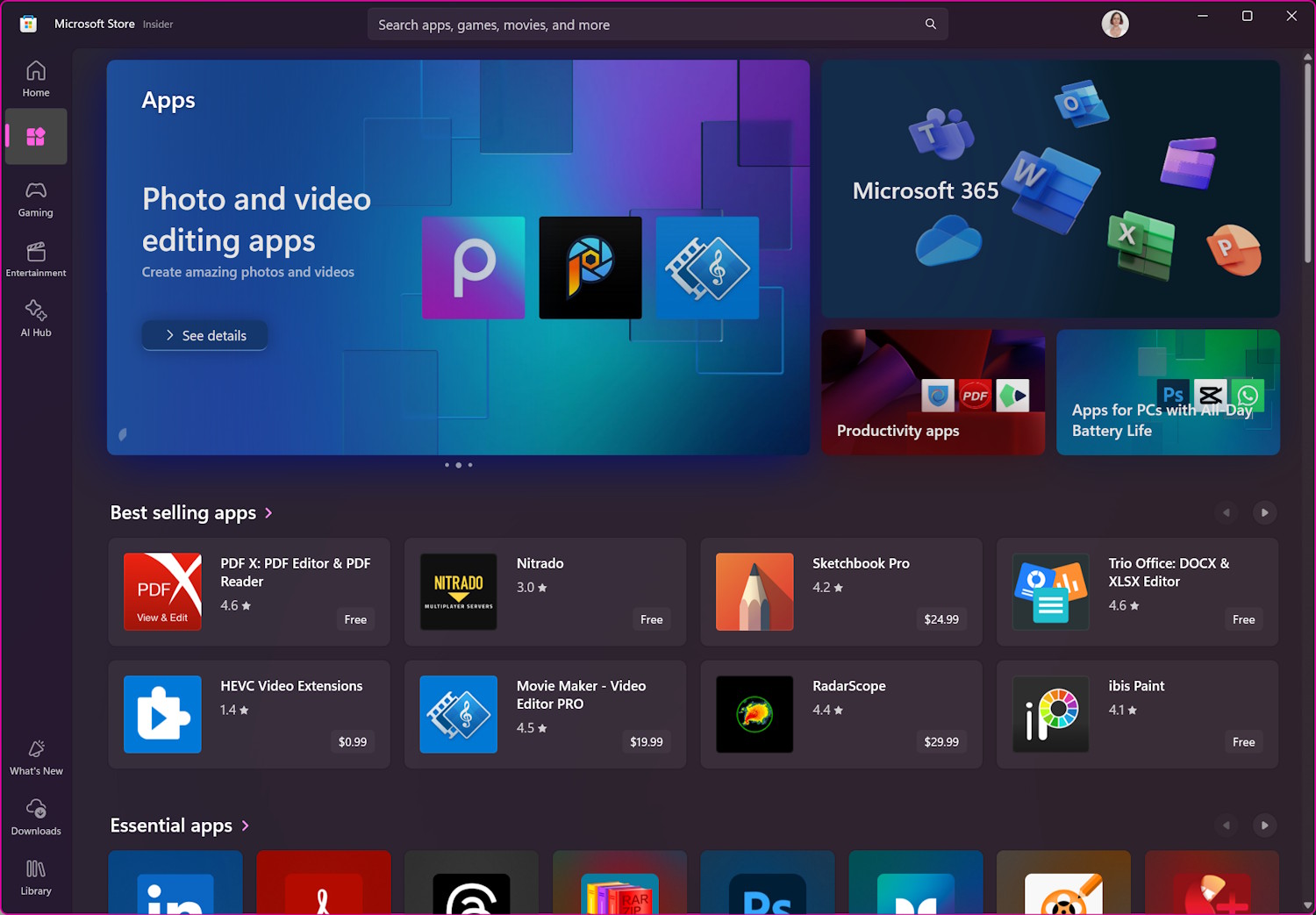
Major changes are coming to the Microsoft Store -- including the ability to update Win32 apps
Using an app store to keep installed apps up to date is something that the likes of Apple’s App Store and Google Play brought to the mainstream, and it eventually moved to the desktop. Until now, the Microsoft Store has been limited in its capabilities, but Microsoft has announced some huge changes.
Perhaps the biggest change is support for updating Win32 apps directly in Microsoft Store, which is something users have been asking for for some time. But there are other changes too, including zero onboarding fees for developers, and an expanded set of Health Report insights.
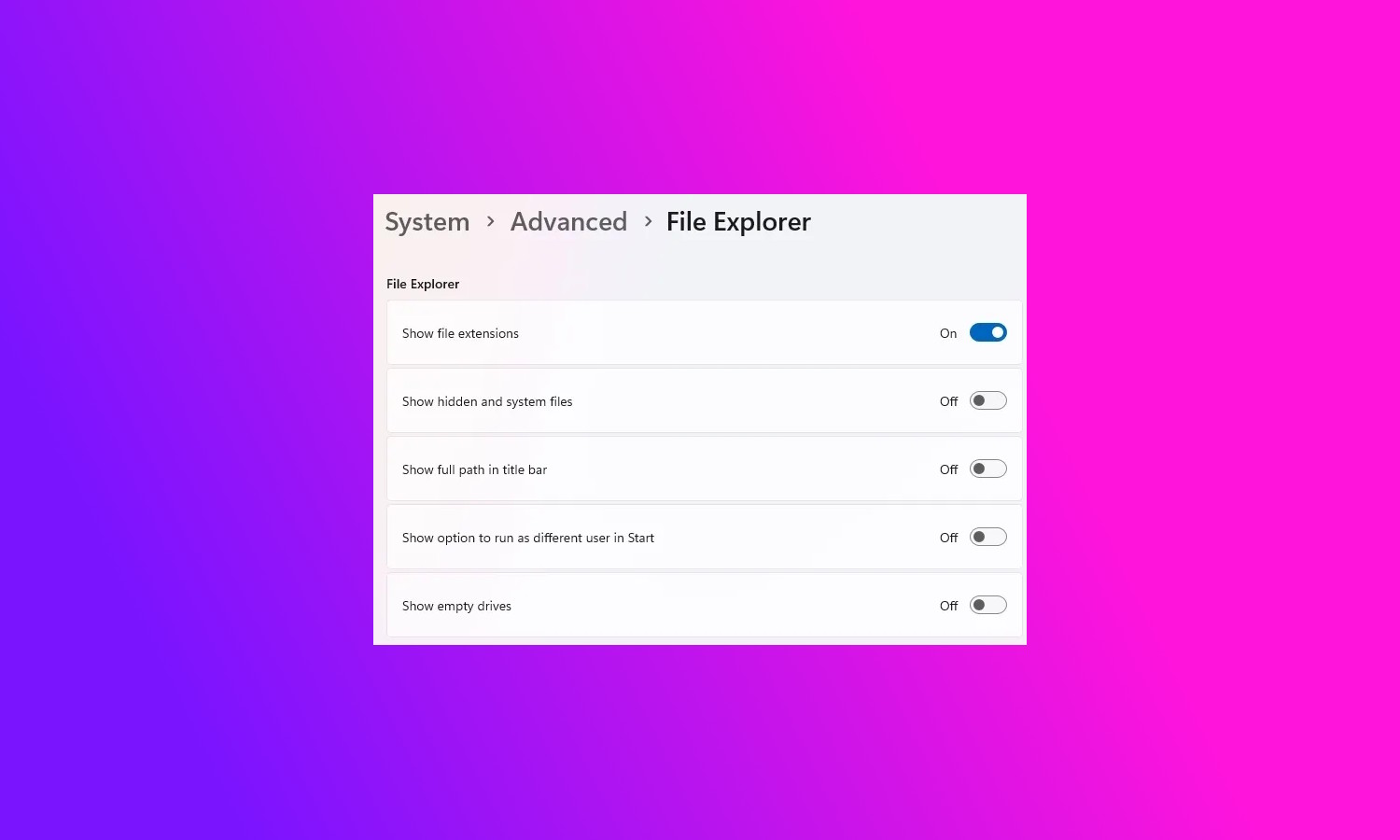
Microsoft is giving Windows 11 power users and developers new Advanced Windows Settings
Everyone likes to feel that they are in control of their computer, but the way the Settings app has been organized can make this hard. Acknowledging this, Microsoft had revealed new Advanced Windows Settings to allow for more configuration options.
The new Advanced section essentially replaces the For Developers section of Settings, but Microsoft says that it is now also aimed at power users. There are many options collected into one place that would otherwise be scattered, hidden or inaccessible.
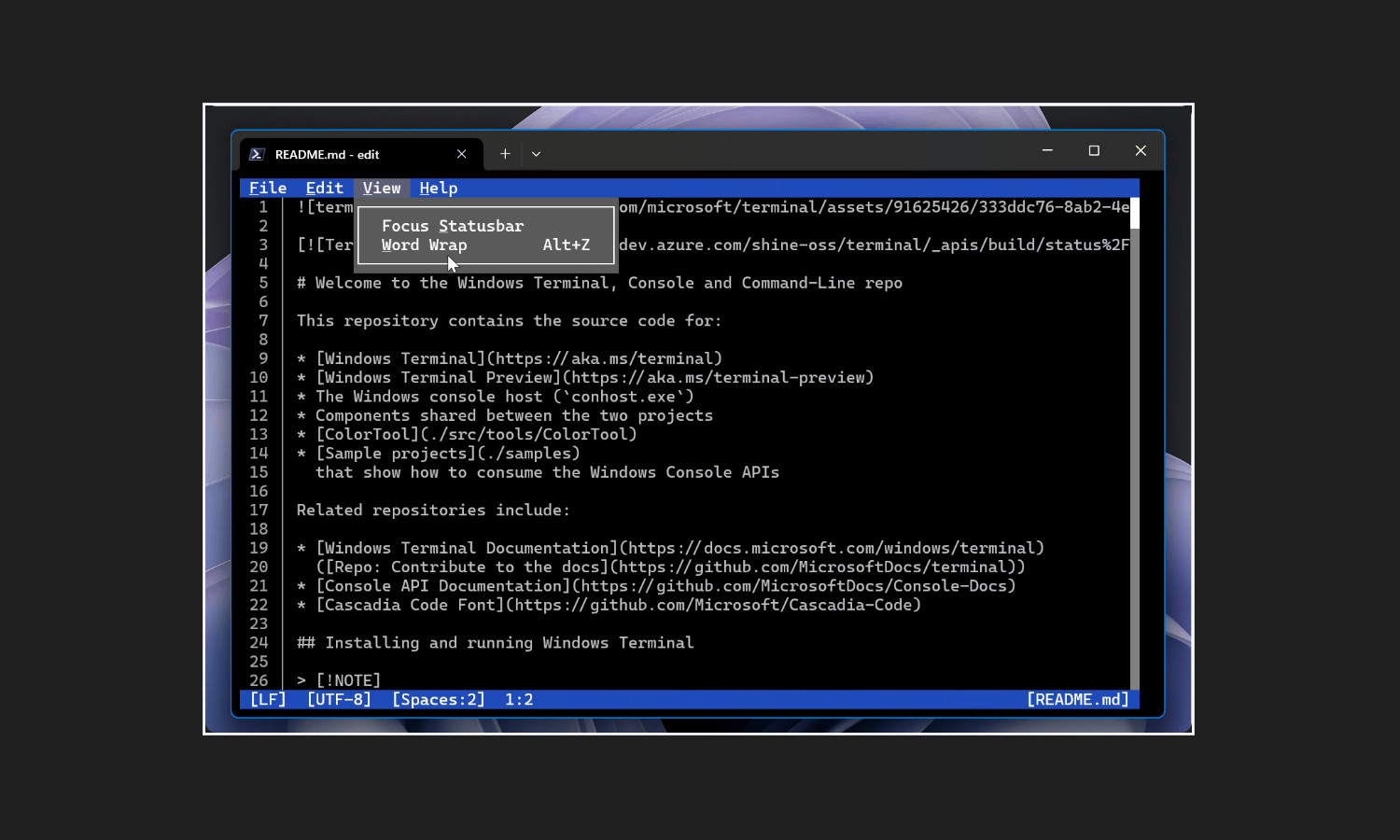
Microsoft launches Edit, its new open-source command line text editor
Microsoft Build is usually about cutting edge development, but sometimes there are nods to the past. And this is precisely what is happening with the company’s new text editor.
Named -- uninspiringly -- Edit, this text editor is not only open-source, but it is a command line tool. While clearly not something that will be of interest to the majority of Windows 11 users, it is something that has strong developer appeal.
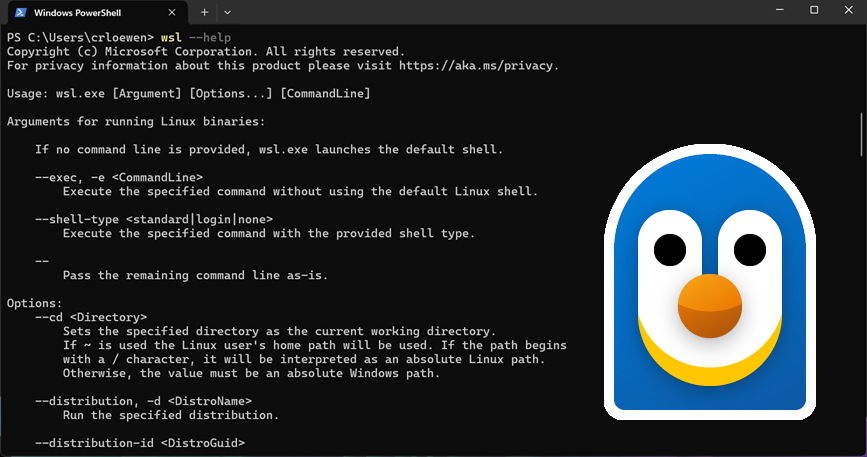
Microsoft open-sources WSL to give developers control over Linux on Windows
Well, it finally happened, folks. Microsoft has open-sourced the Windows Subsystem for Linux (WSL), giving developers full access to its code on GitHub! Yes, after nearly a decade of closed development and repeated requests from the community, the company has handed over the keys -- inviting coders to inspect, improve, and contribute to the very core of how Linux runs on Windows.
This isn’t some half-baked gesture, either. Microsoft has released the core WSL package (the components that power WSL 2) under an open source license. This includes command-line tools like wsl.exe, background services, init processes, networking daemons, and the Plan9-based file sharing system. You can now build WSL from source, fork it, or pitch in directly on GitHub.

AI won't replace low-code/no-code tools
According to a new study, 76 percent of tech leaders say that AI will make their existing low-code/no-code tools more efficient instead of replacing them altogether.
The survey from App Builder, with third-party research firm Dynata, finds use of low-code and no-code tools have steadily increased over the past decade and become an integral piece of how 95 percent of teams now build scalable applications.

Google unveils premium Developer Program membership
Earlier this year, Google unveiled its Developer Program during I/O, offering no-cost access to a variety of tools, including Gemini for documentation and Cloud Learning credits. The standard membership has since attracted millions of developers. Now, Google is upping the ante with the launch of its Developer Program premium membership, a paid tier aimed at providing developers with enhanced tools and support throughout their development lifecycle.
The premium membership offers an impressive lineup of benefits for $299 per year. Among the perks is $500 in Google Cloud credits, which can be used for resources like Gemini Code Assist and Firebase. Members will also receive a Google Cloud certification voucher to validate their expertise and advance their careers. For those eager to hone their skills, unlimited access to the Cloud Skills Boost library includes over 700 hands-on labs, skill badges, and courses.

Executives keen to adopt AI coding tools -- developers less so
A new report reveals a disconnect between those in the C-suite and their eagerness to adopt AI coding tools compared to those actually using them who are cautious of AI.
The research from Snyk shows CTOs and CISOs are five times more likely than developers to believe AI coding tools pose no risk and twice as likely than developers to believe they are 'extremely ready' to adopt AI coding tools.

Accepting generative AI into enterprise software development [Q&A]
The development community has been quick to embrace generative AI for its productivity potential. But at the same time it raises concerns for enterprises around IP/ownership, security, compliance and more.
We talked to Steve Martinelli, director of developer advocacy and community at Equinix, to discuss the similarities between GenAI and open-source software's acceptance journey, and how we might tackle the unique challenges it presents.
